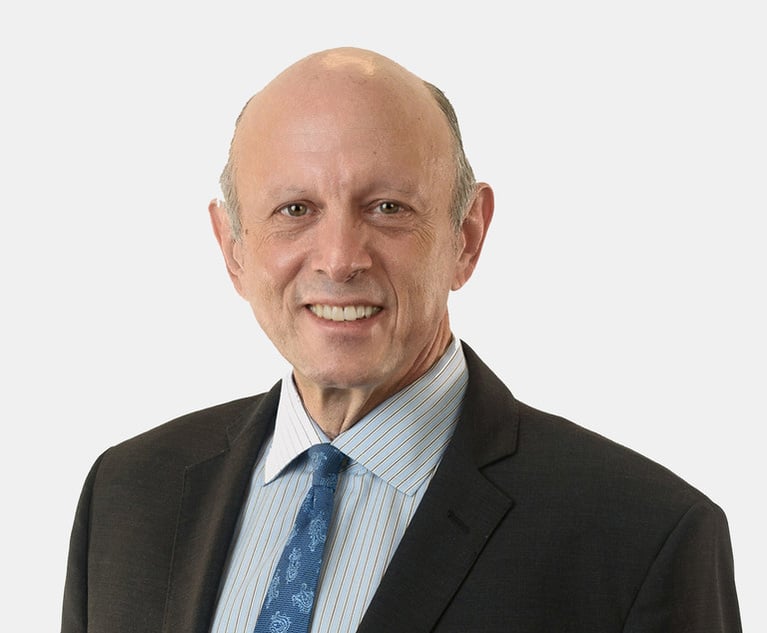On Oct. 20, a federal judge may have freed the drag queens of Murfreesboro, Tennessee, by issuing a temporary injunction that halted the enforcement of the controversial ordinance that sought to prohibit drag performances in public areas, setting the stage for a contentious legal battle. There are several legal intricacies at play in so many LGBTQ+ issues and most of them involve free speech, freedom of religion, LGBTQ+ rights and local ordinances.
The Controversial Ordinance
Earlier this year, Murfreesboro passed an ordinance with the aim of banning drag performances in public areas. These performances, characterized by extravagant costumes, makeup, artistic expressions, and political statements, have become emblematic of our LGBTQ+ culture. The city’s decision to pass this ordinance was met with immediate resistance from LGBTQ+ activists and civil rights proponents who argued that it posed a grave infringement on fundamental rights, particularly the First Amendment’s protection of free speech.
The Legal Challenge
This content has been archived. It is available through our partners, LexisNexis® and Bloomberg Law.
To view this content, please continue to their sites.
Not a Lexis Subscriber?
Subscribe Now
Not a Bloomberg Law Subscriber?
Subscribe Now
LexisNexis® and Bloomberg Law are third party online distributors of the broad collection of current and archived versions of ALM's legal news publications. LexisNexis® and Bloomberg Law customers are able to access and use ALM's content, including content from the National Law Journal, The American Lawyer, Legaltech News, The New York Law Journal, and Corporate Counsel, as well as other sources of legal information.
For questions call 1-877-256-2472 or contact us at [email protected]


 Angela Giampolo of Giampolo Law Group in Philadelphia
Angela Giampolo of Giampolo Law Group in Philadelphia




